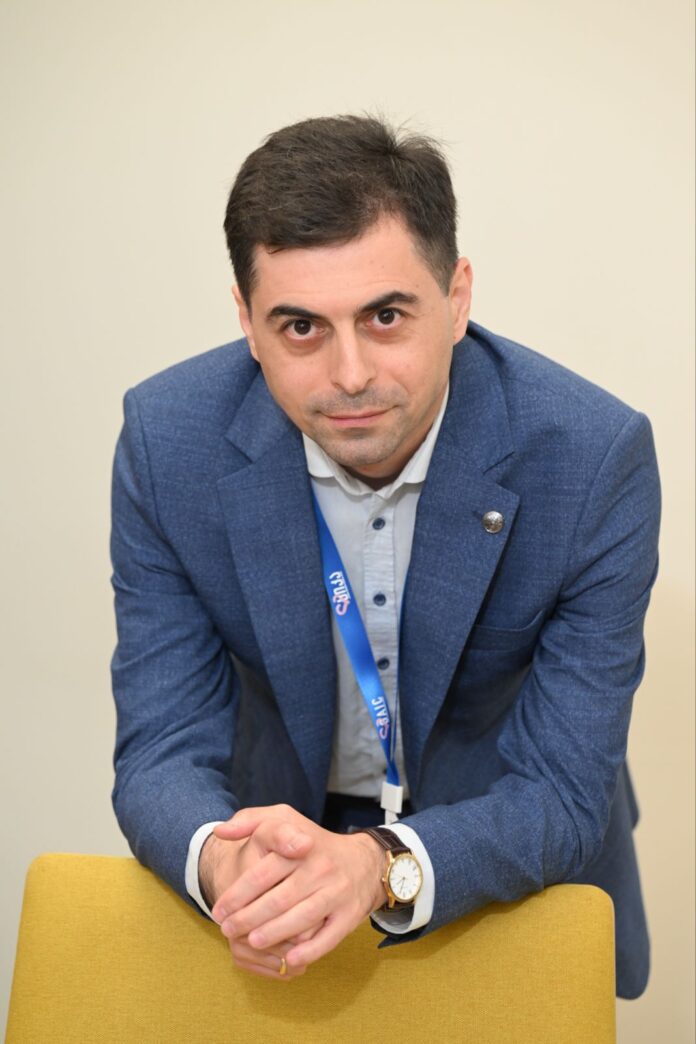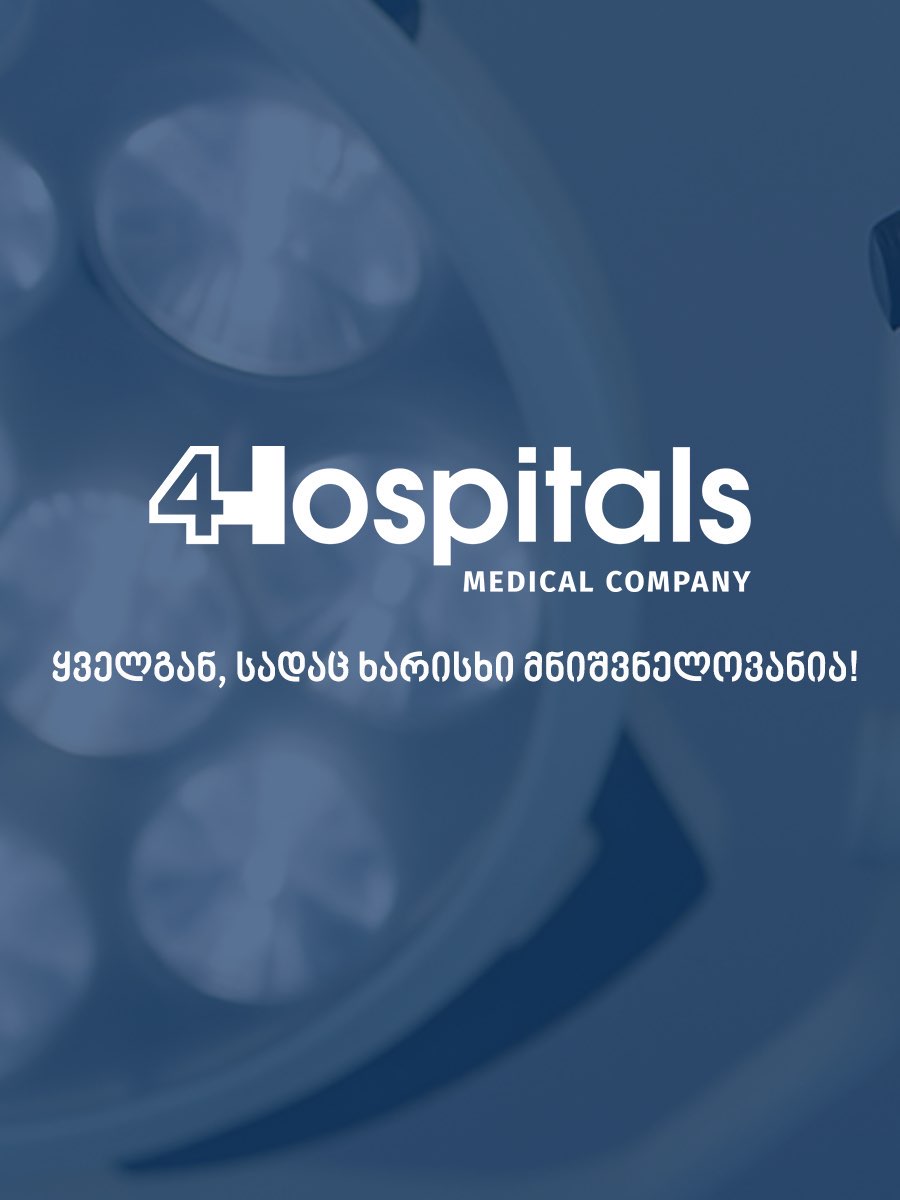From August 29 to September 1, the annual World Congress of the European Society of Cardiology was held in Madrid, considered a leading event in the field of cardiovascular medicine. The congress, which brought together more than 30,000 cardiologists, shared the latest research and clinical achievements with the world scientific community. Among the main topics of this year’s congress were the latest methods for treating heart failure, integrated approaches in cardio-oncology, and revolutionary innovations in interventional cardiology and rhythmology.
With the initiative and collaboration of the Georgian Society of Cardiology, two sessions were held during the congress. One session discussed regional data on coronary interventions and rhythmological procedures, which focused on the registry data and related current problems of coronary intervention and rhythmological procedures in our region (Georgia, Armenia, Azerbaijan, Turkmenistan, Kyrgyzstan, Kazakhstan, Uzbekistan).
A report on behalf of Georgia was presented by Kakhaber Etcadashvili, a cardiologist and head of the rhythmology department at the Chapidze Heart Center. The session’s discussion was led by Zviad Kereselidze, head of the cardio-intensive department at the Tbilisi Heart Center.
The second session was dedicated to one of the new directions in cardiology, cardio-oncology, and its challenges.
At the session held on September 1, treatment schemes for the growing number of patients with oncological pathologies who require chemotherapy and other specific treatments were discussed. This treatment is associated with side effects and a high risk of worsening cardiovascular status.
Based on these factors, a cardio-oncology working group was created under the auspices of the Georgian Society of Cardiology to work on the issues in this area. These include educating patients and doctors, timely and correct assessment of cardiovascular risks, developing specific protocols, and refining diagnostic and therapeutic algorithms.
Reports at the session were given by Giorgi Gogishvili, who heads the cardio-oncology working group, and Tamar Gaphrindashvili, an active member of this group representing the Bokhua Cardiovascular Center. The session was chaired by Zviad Kereselidze, and after the reports, a discussion was led by Mariam Lomidze, a doctor from the Chapidze Heart Center.
Poster Presentation:
On August 29 and 30, poster presentations were held on the challenges of managing left ventricular assist devices, heart transplantation, and heart failure, which were moderated by Zviad Kipiani, president of the Georgian Heart Failure Association.
Main Findings and Innovations of the Congress
Many important reports and presentations were presented at the Madrid congress, which were particularly distinguished by their practical value, innovativeness, and new perspectives.
As Zviad Kereselidze notes, “One of the important innovations was the publication of the guideline for the management of mental health and cardiovascular disease. The existence of a new guideline for cardiovascular disease in pregnant women should also be noted. The HOTLINE sessions, where the results of the most important new research are presented, are always very interesting for me. Ultimately, recommendations in the guidelines are changed based on these studies, and it is very interesting to attend the review process and listen to the opinions of the experts. Recently, interest in the use of artificial intelligence in medicine has increased, and there were many new developments in this area as well.”
One of the most significant events of this year’s congress was the presentation of five new guidelines that offer important updates in cardiology practice. “Two new guidelines (mental health, pregnancy, and cardiovascular diseases) were a truly pleasant surprise for our field and a very big step forward in the management of patients with these conditions. The update of three guidelines included new recommendations on diagnostic and therapeutic aspects in patients with dyslipidemia, valvular disease, myocarditis, and pericarditis,” says Zviad Kereselidze, adding that the Georgian Society of Cardiology, the Association of Interventional Cardiologists, and the Heart Failure Association are planning scientific conferences and meetings to introduce and implement the existing innovations in Georgia.
Ongoing Projects and Perspectives


